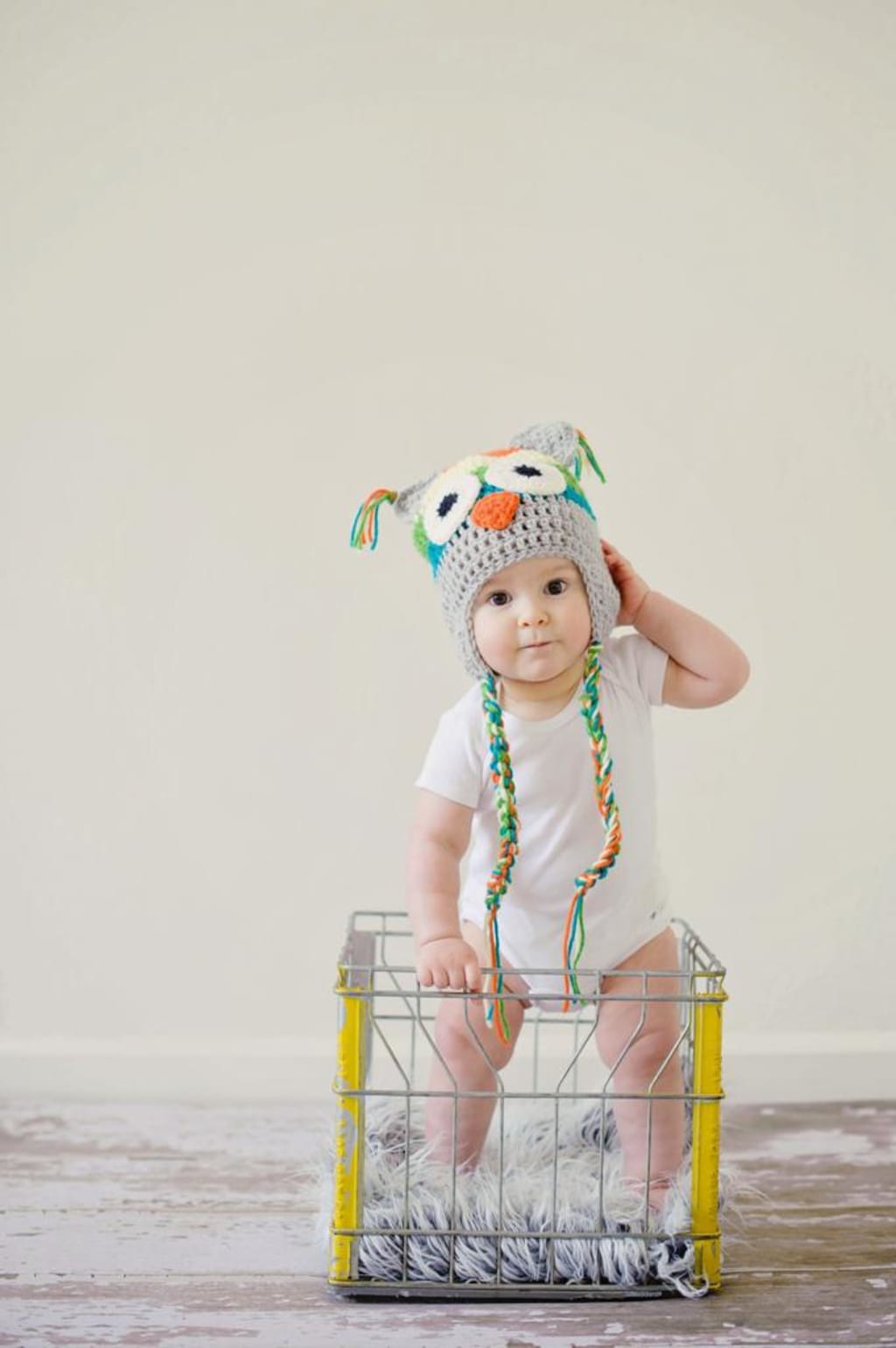Designer Babies: The Ethics of Genetic Editing
"Choosing Traits: Right or Wrong?"

Once upon a time, babies were born with a surprise mix of mom and dad's looks and talents. Nowadays, there's something new on the horizon called "genetic editing." This is like a science recipe that can change a baby's genes — the tiny bits inside us that decide everything from how tall we'll be to whether we'll have curly hair.
Imagine walking into a store and saying, “I’d like a baby with blue eyes, please. Oh, and make them good at music and super smart.” Sounds like a movie, right? But with genetic editing, it's starting to become real. Scientists are using tools like CRISPR, which is not a snack, but a really smart pair of scissors that can cut and change genes.
Now, some people think this is great. They say, "Why not get rid of bad diseases or make sure my baby is strong and smart?" They want to make sure their kids have the best start in life.
But others are scratching their heads, worried about what happens when we start to pick and choose our kids’ traits like clothes from a catalog. They ask, “Is it fair? Is it safe? Are we playing a game we don't really understand?”
Doctors and brainy ethics folks are talking a lot about this. Some say we could stop really bad diseases before a baby is even born, which would be amazing. We're not just talking about a little cold, but big, scary illnesses that can make someone's life really hard. And who wouldn't want to stop that if they could?
But then, there's a big, tough question: Where do we stop? If we start making "designer babies," does it mean only rich people can afford the best genes? Will everyone else get left behind? It’s like making a club only some people can join.
The World Health Organization says, "Hold on, we need rules for this!" They want to make sure we're all playing fair in this new baby-making game. They don't want anyone to get hurt, especially the babies.
Stories about this are popping up everywhere. Like the one about a scientist in China who changed the genes of two babies so they wouldn’t get a really bad sickness. Some people clapped, but many others were worried. They said, "You can't just change human babies and not expect any surprises."
And surprises in science can be serious. Changing genes might stop a sickness, but what if it causes a new problem we didn’t know about? And what about the baby? They can't say if they want to be changed or not. It's a big decision that they're stuck with for their whole life.
So, what's the end of the story? We don't know yet. Genetic editing is like a book that's still being written. Right now, many countries have hit the pause button on making designer babies. They want more time to think about how to do it right and fair.
"Designer Babies: The Ethics of Genetic Editing" isn't just about science. It's about what's fair, what's safe, and how we care for each other. It’s about making sure that as we step into this new world, we do it together, thinking about what's best for everyone, not just a few. It's a story about all of us and the future of our families. As we turn each page, we must choose the path that's good for all, not just the one that's shiny and new.
If you find this piece helpful, please consider leaving a ❤️, or even a tip. Your support means a lot to me as a writer!
About the Creator
Mayes Daya
Hello! I’m Mayes your writer. I believe stories hide in the nooks and crannies of everyday life, and I love digging them out for you. My words are easy to chew on, like your favorite snack. No fancy jargon here—just clear, simple talk.
Enjoyed the story? Support the Creator.
Subscribe for free to receive all their stories in your feed. You could also pledge your support or give them a one-off tip, letting them know you appreciate their work.






Comments
There are no comments for this story
Be the first to respond and start the conversation.